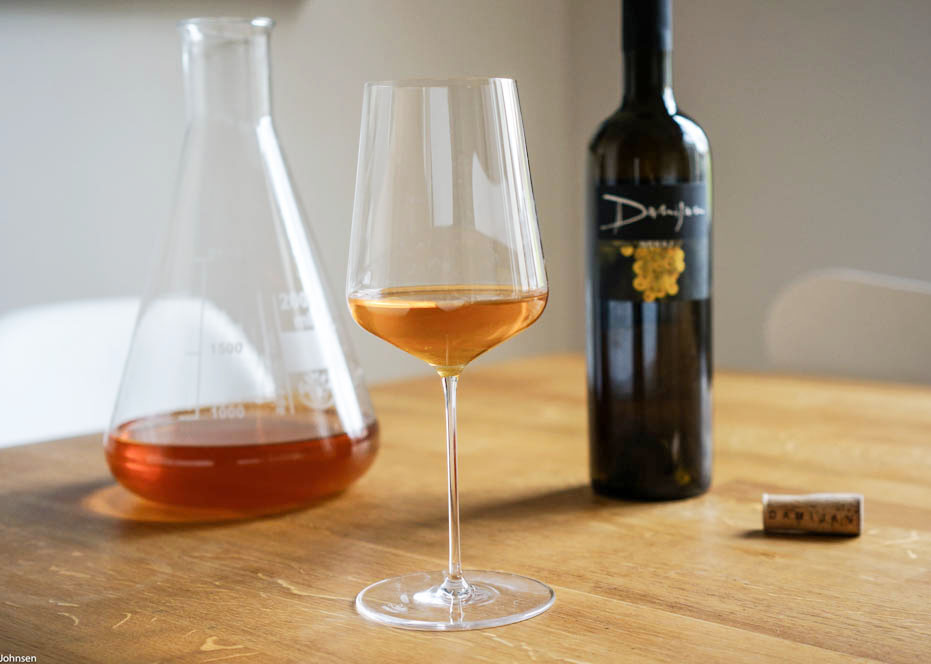Clemens says the natural wines at Clementine are much more accessible.
“First and foremost, the wine has to be delicious,” he says. “Second, it has to fall under the other categories that people are looking for, like natural.”
Ben Staley, co-founder and chef at Restaurant Yarrow, thinks the quality of natural wine overall is improving, but notes that as more makers produce it, weaker wines sneak through.
The current wine list at Yarrow is exclusively natural, though he doesn’t advertise this anywhere. His opinion on these wines has evolved over the past few years.
“When I started Alta and Alder Room (restaurants that closed in 2018), I was fully into the natural wine trend and I wanted the weirdest wine possible,” he says. “I wanted them to be funky and challenging. I still like challenging wine, but it’s not the type of wine I find myself gravitating towards now. I want wines that are enjoyable to drink, with a lot of subtlety and nuance.
Lack of transparency
Labelling is a huge issue in the wine industry and there are currently calls for transparency and regulation. The average conventional wine — which includes over 90 per cent of wines on the market — has dozens of additives to improve colour, aroma, flavour, acidity, taste and texture. But you won’t find this information anywhere.
This lack of transparency is part of what prompted Mercier to start Juice.
“I was really upset that you can just blatantly lie about wine,” Mercier says. “You can write on the back label, ‘This is harvested by my little old lady grandmother and foot-crushed,’ but that can be a lie. They’re not held accountable in any way, shape or form.”
Mercier has seen an explosion in interest in natural wines from Alberta consumers since he started Juice in 2016 and his sales have doubled every year. But some restaurants and liquor stores won’t even try his wines due to personal bias and the stigma around natural wine.
“There are tons of natural wines that the average person would have no way of knowing was a natural wine,” Mercier says. “When I pour wine for the old school crew, the second they know it’s a natural wine they start implying all these flavours that just aren’t there and seeing faults that aren’t there.”
